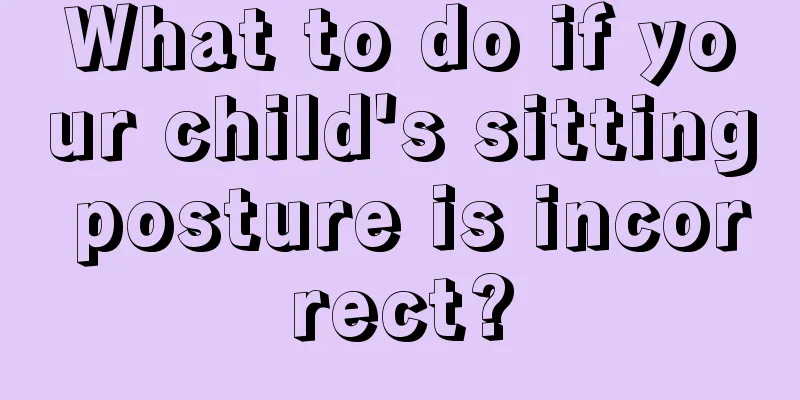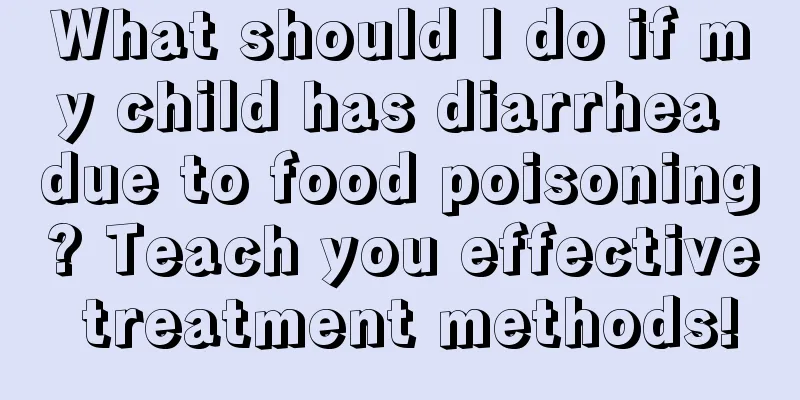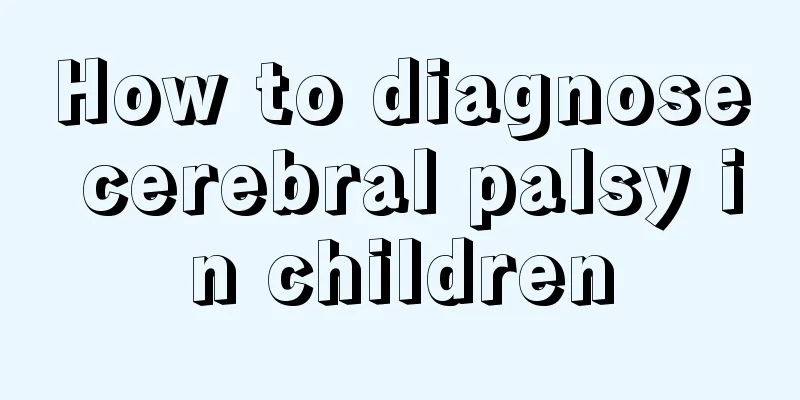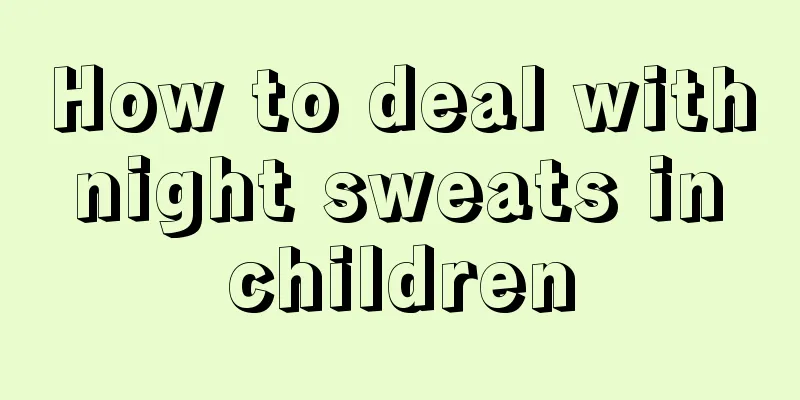What causes diarrhea in children due to enteritis?
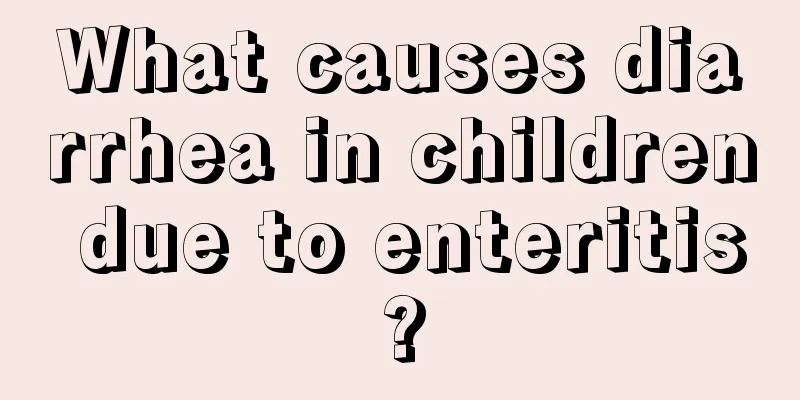
|
If a child develops enteritis, parents need to deal with and treat it in a timely manner to avoid further damage to gastrointestinal health. Children with enteritis usually suffer from diarrhea, which is a more obvious abnormal behavior. Common causes of enteritis and diarrhea in children include bacterial infection, parasites, antibiotics, etc. Bacterial infection Severe diarrhea (sometimes accompanied by vomiting), accompanied by abdominal pain, bloody stools, and fever, is often caused by viruses or bacteria (E. coli, Salmonella, etc.). Some of these infections are self-healing, but some can be very serious (such as infections caused by E. coli in undercooked meat). Therefore, if your baby has the above symptoms, you should take him to see a doctor. The doctor will examine him and possibly do a stool culture to see if a bacterial infection is causing it. Parasites Parasitic infections may also cause diarrhea. For example, giardiasis (also called giardiasis) is caused by a microscopic parasite that lives in the intestines. Parasites are easily spread when living in groups and require special medications to treat. Therefore, developing good hygiene habits, such as washing hands after changing diapers, is the best way to stop the spread of parasitic infections. antibiotic If your baby develops diarrhea during or after antibiotic treatment, it may be related to the medicine. Talk to your doctor to see if there are other medicines or treatments that might be helpful. Food factors Too much fruit juice (especially those with sorbitol and high levels of fructose) or too many sugary drinks may also give your baby an upset tummy and loose stools. If you feed your baby less of these foods, the condition should improve in about a week. It is recommended not to give fruit juice to babies under 6 months old. After 6 months, the daily fruit juice intake should not exceed about 110 ml. Improperly prepared formula may also cause diarrhea in your baby, so add water in proportion when you prepare the formula. |
<<: Parents should take care of children with low immunity
>>: What are the symptoms of neonatal hernia
Recommend
Children's age and height standard indicators
I don’t know if you are aware of the age and heig...
Reasons why children blink frequently
Blinking is something many people do frequently. ...
What are the symptoms of acute rhinitis in babies?
Acute rhinitis is a nasal disease and is also a c...
My six-month-old baby always cries when he sleeps at night
A six-month-old baby is in a critical period of g...
What causes sleepiness in children?
Many parents may find that their children are sle...
What to do if your child has high uric acid
It is quite common for children to have high uric...
7 dietary tips to help your child grow taller
In order to make children grow taller, in additio...
Baby's knees cannot straighten
The physical condition of the baby is what parent...
What are the symptoms of small intestinal hernia in children?
Children are very prone to intestinal hernia prob...
Don't throw away your child's "waste", it can save lives at critical moments
Scientists have found that the stem cells in chil...
Why does my baby always want to breastfeed?
Many parents will definitely encounter such a sym...
Understand these 7 reasons, baby crying is no longer a problem
Babies crying is one of the most annoying problem...
What to do if your child has an asthma relapse
In recent years, new concepts have emerged in the...
Is it okay for a 2 year old to go to kindergarten?
Many parents always send their babies to kinderga...
What are the causes and precautions for eczema in four-year-old babies?
Children are the apple of the eye in the family, ...
